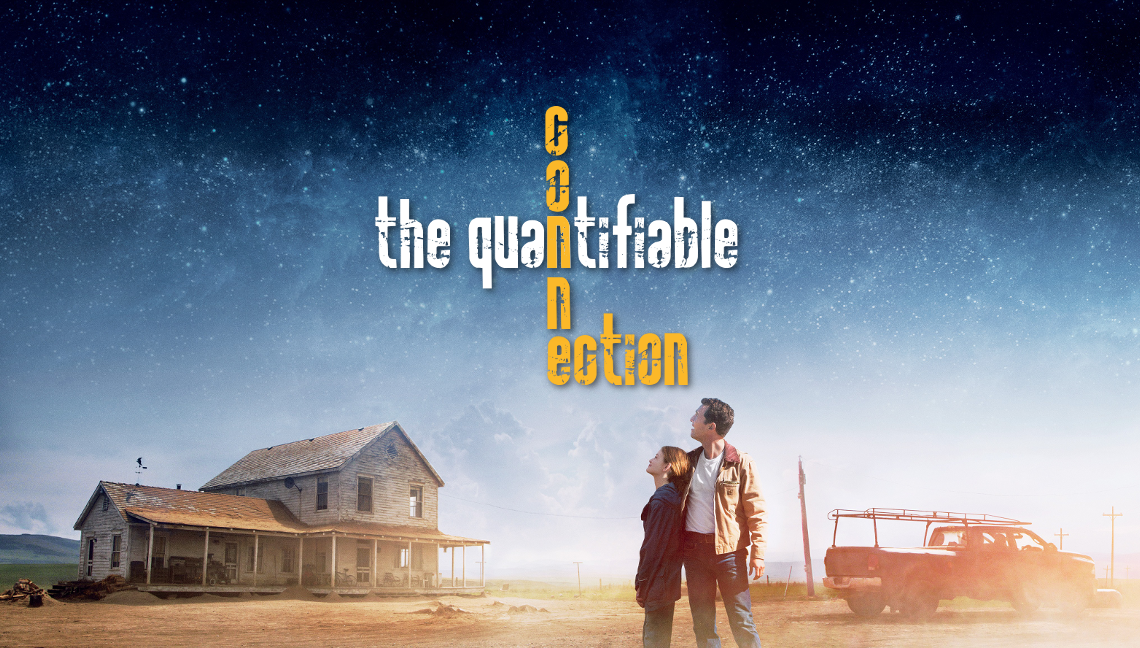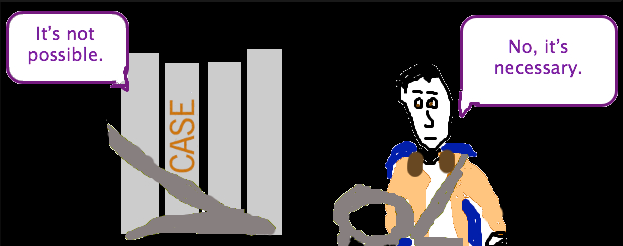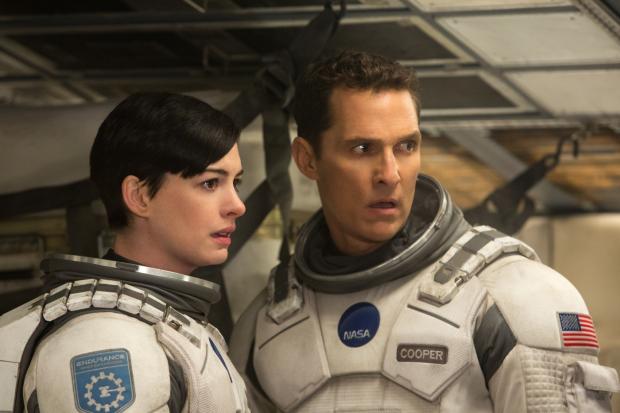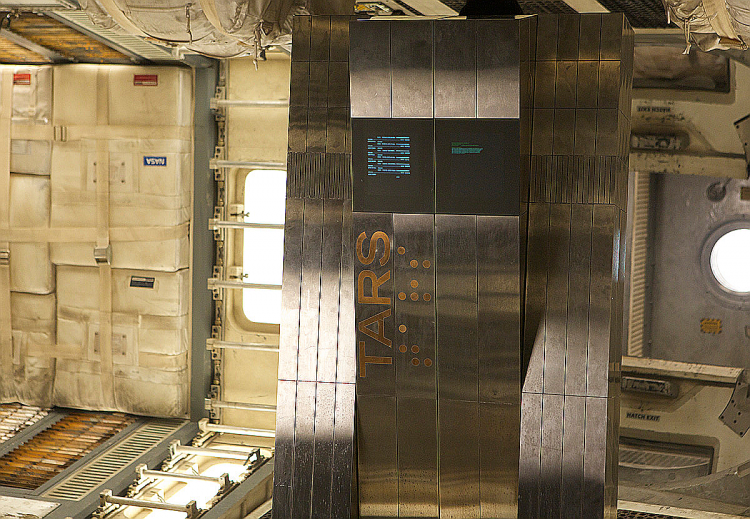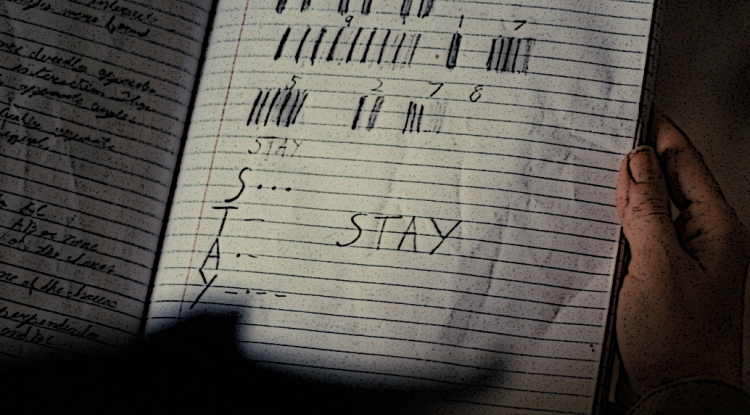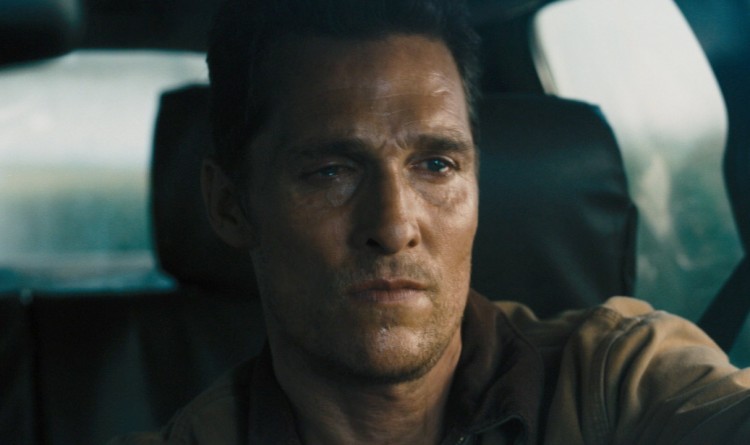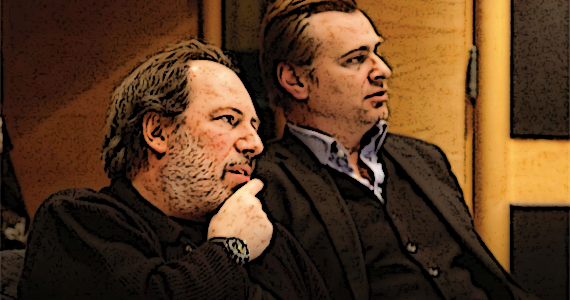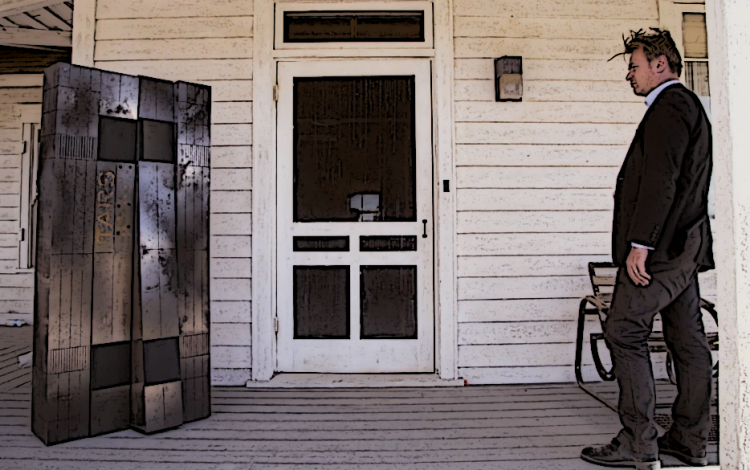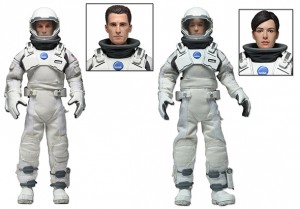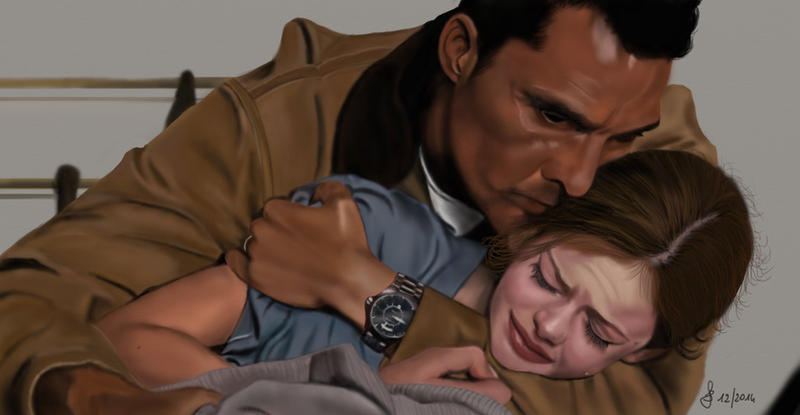“These articulated machines, by some sort of fluke of circuitry or the beginnings of artificial intelligence, were as emotional as any of the other characters,” said Bill Irwin, the actor behind TARS.
For decades, literature and film have explored artificial intelligence. The modern term “robots” can be traced to R.U.R. (Rossum’s Universal Robots), a 1921 play by Czech author Karel Čapek. In the original Czech, robota means “forced labor”; derived from the more general rab (“slave”), robota refers specifically to feudal serfdom. The humans in R.U.R. see robots as appliances, not life forms.
In the years since, many other works have examined robots as a sub-human proletariat, including Metropolis; Into the Slave Nebula; I, Robot; 2001: A Space Odyssey; Blade Runner; Battlestar Galactica; Chappie; and Automata. The robots’ human oppressors are not purposefully cruel; in fact, in dehumanizing artificial life, mankind minimizes its own innovation. It ignores its glory to preserve God as creator.
Treating robots as “things” prevents constructive socialization. There is no foundation of love or understanding. (more…)
